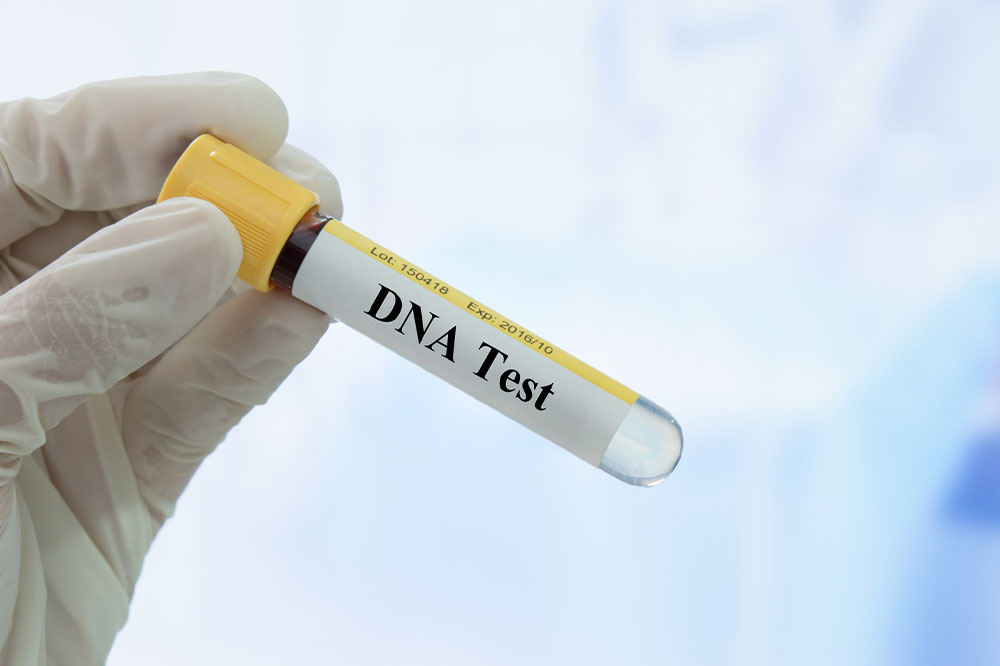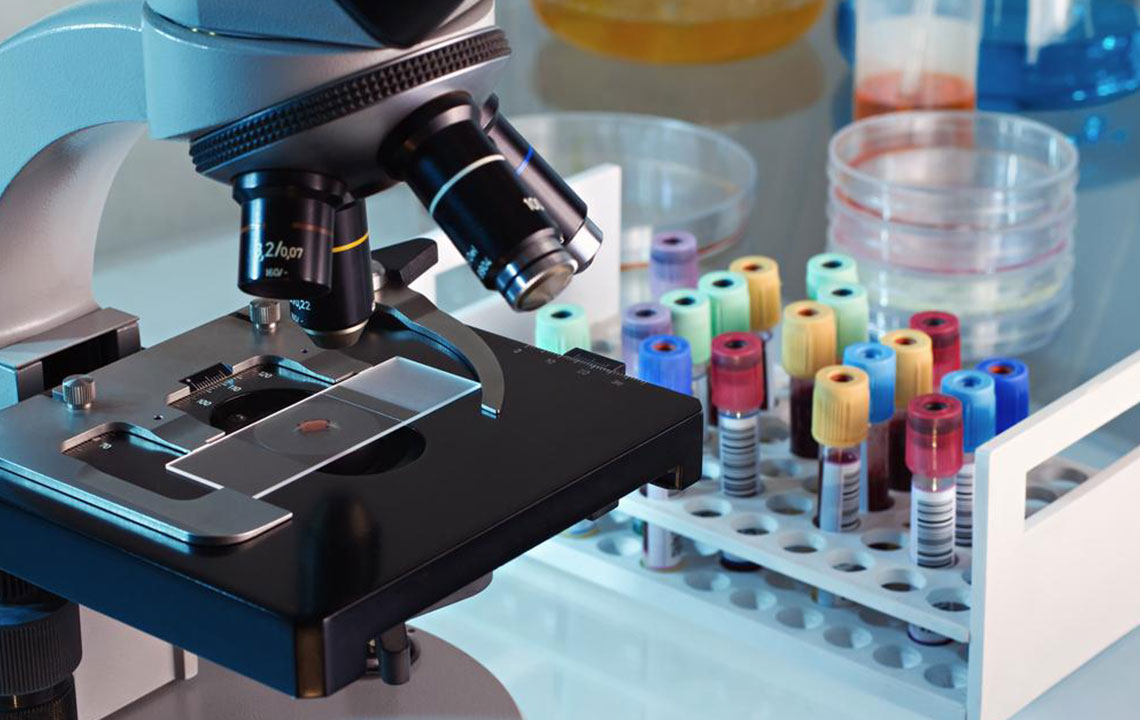Comprehensive Guide to Preparing for Your DNA Testing Journey
This comprehensive guide offers essential insights for those considering DNA testing. It covers what to expect, potential risks, and how to choose a reputable provider. Learn about different test types, privacy concerns, and genetic basics to make informed decisions about uncovering your heritage and health information.

Essential Insights Before You Decide to Undergo DNA Testing
Key Information You Need to Know Before Taking a DNA Test
DNA, or deoxyribonucleic acid, is the fundamental hereditary molecule that carries genetic information crucial for the development, functioning, and overall health of every living organism. In recent years, DNA testing has gained significant popularity among those seeking to uncover personal ancestry, health risks, and genetic traits. Despite this surge in interest, many prospective users are unprepared for what the process entails, its benefits, and potential pitfalls. If you're contemplating taking a DNA test, understanding the essential points outlined in this comprehensive guide can help you make an informed decision.
Understanding What DNA Testing Involves
DNA tests are powerful tools that provide insights into various aspects of your biological makeup. These insights include your genetic predispositions to certain health conditions, inherited traits, physical characteristics, and ancestral origins. Moreover, DNA testing can help you discover biological relatives or trace your family lineage. It's essential to note that many testing companies store your genetic data for research or database expansion, raising concerns about privacy and data security. Before proceeding, you should understand what kind of information a DNA test can reveal and how that data might be used or shared.
Potential Risks and Downsides of DNA Testing
While the advantages of DNA testing are considerable, there are significant risks to consider. One primary concern is privacy – your genetic information is uniquely identifiable and sensitive. Data breaches or misuse could lead to unauthorized access to your genetic data. Additionally, some test results might reveal unexpected or uncomfortable information, such as misattributed paternity or health risks you were unaware of, which could cause emotional distress. Understanding these risks allows you to weigh the benefits against potential consequences before committing to testing.
Choosing a Trustworthy DNA Testing Service
Selecting the right provider is critical to ensuring accurate, reliable, and ethical testing. Reputable companies with large and diverse databases can improve the accuracy of familial matches and ancestral tracing. For health-related testing, opt for providers with experience in medical genetics and secure data handling practices. It's advisable to review the company's privacy policies, data storage protocols, and user reviews to determine their trustworthiness. A credible provider will also offer transparency about their testing procedures and how your data will be used.
Research and Understand DNA Fundamentals
To better interpret your test results, a basic understanding of DNA structure and function is beneficial. DNA, as the biological blueprint, encodes hereditary traits inherited from both parents. It consists of sequences called genes, which determine your physical features and susceptibility to certain health conditions. Familiarizing yourself with concepts like genetic inheritance, mutation, and haplogroups can provide clarity in understanding how your genetic information influences your characteristics and health outlooks.
Exploring Different Types of DNA Tests
There are various types of genetic tests designed for specific purposes. Autosomal DNA tests are the most common; they analyze chromosomes inherited from both parents and provide a broad overview of your ancestry and familial matches. Mitochondrial DNA (mtDNA) testing traces maternal lineage, revealing your maternal ancestors' history. Y-DNA testing, applicable only to males, explores paternal lineage through the Y chromosome. The choice of test depends on your specific goals—whether it's discovering relatives, understanding ethnic origins, or assessing health risks. Each test type offers unique insights but also comes with limitations, so it's important to select the most appropriate based on your needs.





